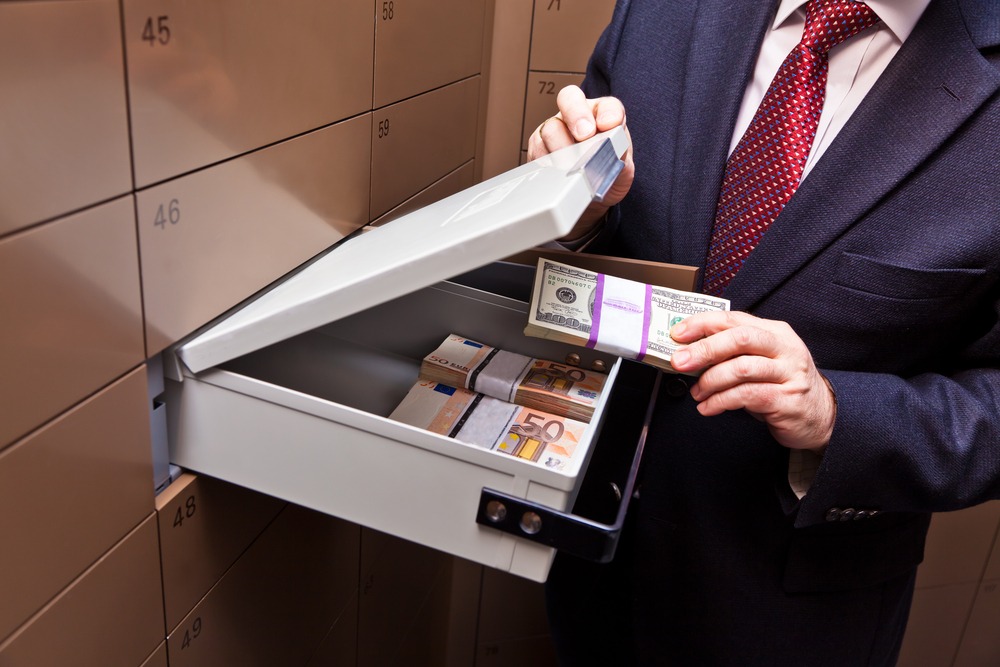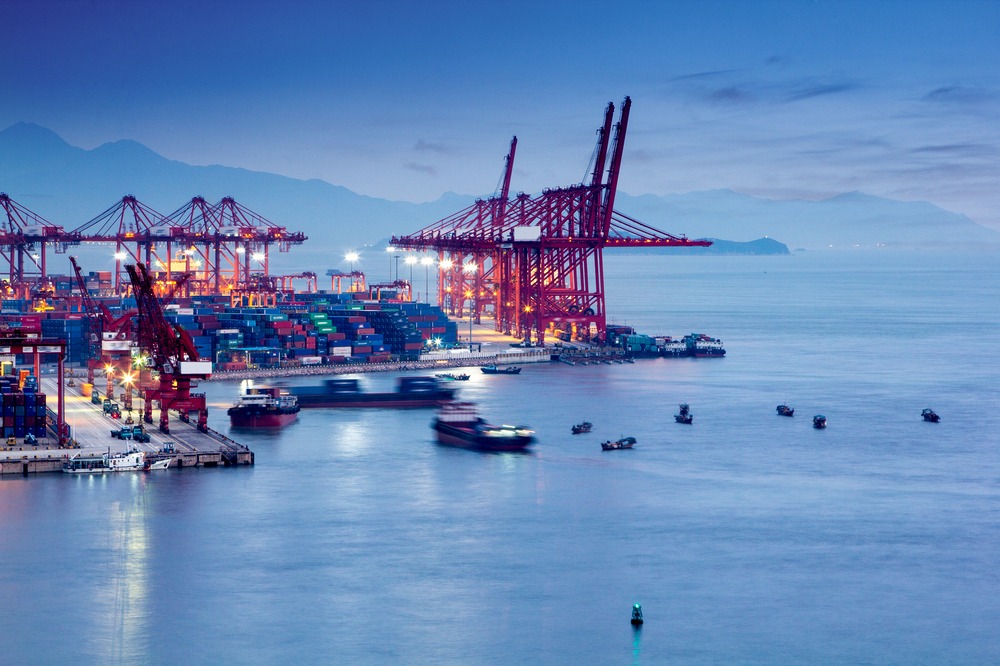
PMI Drops to Four-Month Low in July
Over the past month, the resignation of Prime Minister-designate Saad Hariri had a serious impact on the local market as the US dollar rate in the parallel market exceeded LL22,000. For the near future, if the new prime minister succeeds in forming a government it will be held responsible to restore confidence, prepare the public for the total lifting of subsidies on all essential items, and abide by the International Monetary Fund (IMF) proposed reforms in order to inject some cash onto the country.
Lebanon’s monthly average inflation rate reached 138.18% by May 2021 higher than the 2020 average inflation rate of 84.27%. Accordingly, all sub-components of Lebanon’s consumer price index (CPI) increased. In details, cost of “Housing and utilities”, inclusive of water, electricity, gas and other fuels added a yearly 34.70% while the average prices of “water, electricity, gas, and other fuels” increased by 90.65% by May 2021. Moreover, prices of “Food and non-alcoholic beverages” surged by 226.11% yearly and costs of “Clothing and Footwear” surged by 302.77% by May 2021. Given the gradual rise of subsidized fuel and diesel, hyperinflation is expected to intensify.
As to real indicators, Port of Beirut container activity including transshipment (TEU+TS) fell by a yearly 5.32% to stand at 58,832 twenty-foot equivalent unit (TEU), following the yearly decline in transshipment activity. Importantly, opening of the Gulf port in Israel with the latest port technology will surely have a dramatic impact on the port of Beirut activity. However, total construction permits witnessed a year-on-year (YOY) remarkable increase of 177.68% to reach 4,218 permits by April 2021 as data from the Orders of Engineers in Beirut and Tripoli show. In details, Construction Area Authorized by Permits (CAP) soared by an annual 352.99% to 2,424,013 square meters (sqm), mainly reflecting the high interest of investors to withdraw their deposits locked in commercial banks and in undertaking new projects. Worth noting that Beirut’s International Airport welcomed 1.44million (M) passengers in the first 6 months of 2021 compared to 1.25M passengers during the same period last year. The breakdown of the airport’s statistics revealed that total arrivals added 29.57% year-on-year (YOY) and the number of departing passengers climbed by a yearly 4.52% by June 2021, thus ushering in a decent tourist season especially among Lebanese expatriates.
As for Lebanon’s trade deficit for the month of February, totaled $1.56B increasing from the $1.42B registered in the same period last year. In fact, total imported goods retreated only by 7.4% year-on-year (YOY) to $1.94B; while Lebanon’s total exports significantly retreated by 42.95% YOY to $383.52M in February 2021. Compared to February 2020, the value of imported “Mineral products” slumped from $750.19M to $459.28M. In addition, the imported volume of mineral products (mostly oil) decreased by 38.78% YOY due to the depreciation of the national currency against the dollar and depreciation of the Lebanese purchasing power.
It is worth mentioning that according to the balance sheet of Banque du Liban (BDL), the central bank’s total assets added 4.23% compared to last year, to reach $158.18B by mid of July 2021. The increase was mainly due to the 40.72% year-on-year (YOY) rise in other assets, grasping 34.35% of BDL’s total assets and reaching $54.33B by mid of July 2021. On the liabilities front, financial sector deposits (67.48% of BDL’s total liabilities) recorded a downtick of 3.04% YOY to settle at $106.74B by mid of July 2021, of which more than two thirds are denominated in dollars. Looking at Currency in Circulation outside of BDL (17.11% of BDL’s total liabilities) it increased by 102.44% jumping from $13.37B by mid of July 2020 to $27.07B at mid of July 2021. Lebanon’s green currency reserves have dropped alarmingly by half since the start of the financial crisis. Hence, the ongoing system of importing subsidized medical goods and fuel cannot be sustained by the Central Bank anymore, which has led the Lebanese to further concerns for lifting subsidies as conditions deteriorate.
In this context, BDL’s Governor Riad Salameh issued a strong statement on 30/7/2021, informing the Lebanese of the exploitation practiced by those responsible of the minerals sector. After its insistence on complying with article 91 of the Code of Money and Credit and on protecting required reserves, the Governor reported that BDL sold in July alone $828 million to importers to buy minerals as follows: $708 million in gasoline and diesel oil, and $120 million in fuel oil. However, we still witnessed severe shortages of diesel and gasoline on a country level, which threatened the hospitalization and food securities. The Governor added that Lebanese public officials’ are held responsible to stop smuggling and storing of the commodities and provide the full subsidized commodities directly to the public.
The BLOM Lebanon PMI for month of July declined to 47, down from 47.5 in June signaling a sharper deterioration in the private sector business conditions. In fact, purchasing power among-st domestic clients had fallen due to the rising cost of obtaining US dollars. From here, we can say that businesses expect the perplexing economic and political situation in Lebanon to persist into the future, thus damaging the prospects for businesses and maintaining uncertainty in the country.
For the full report, kindly follow the links:



